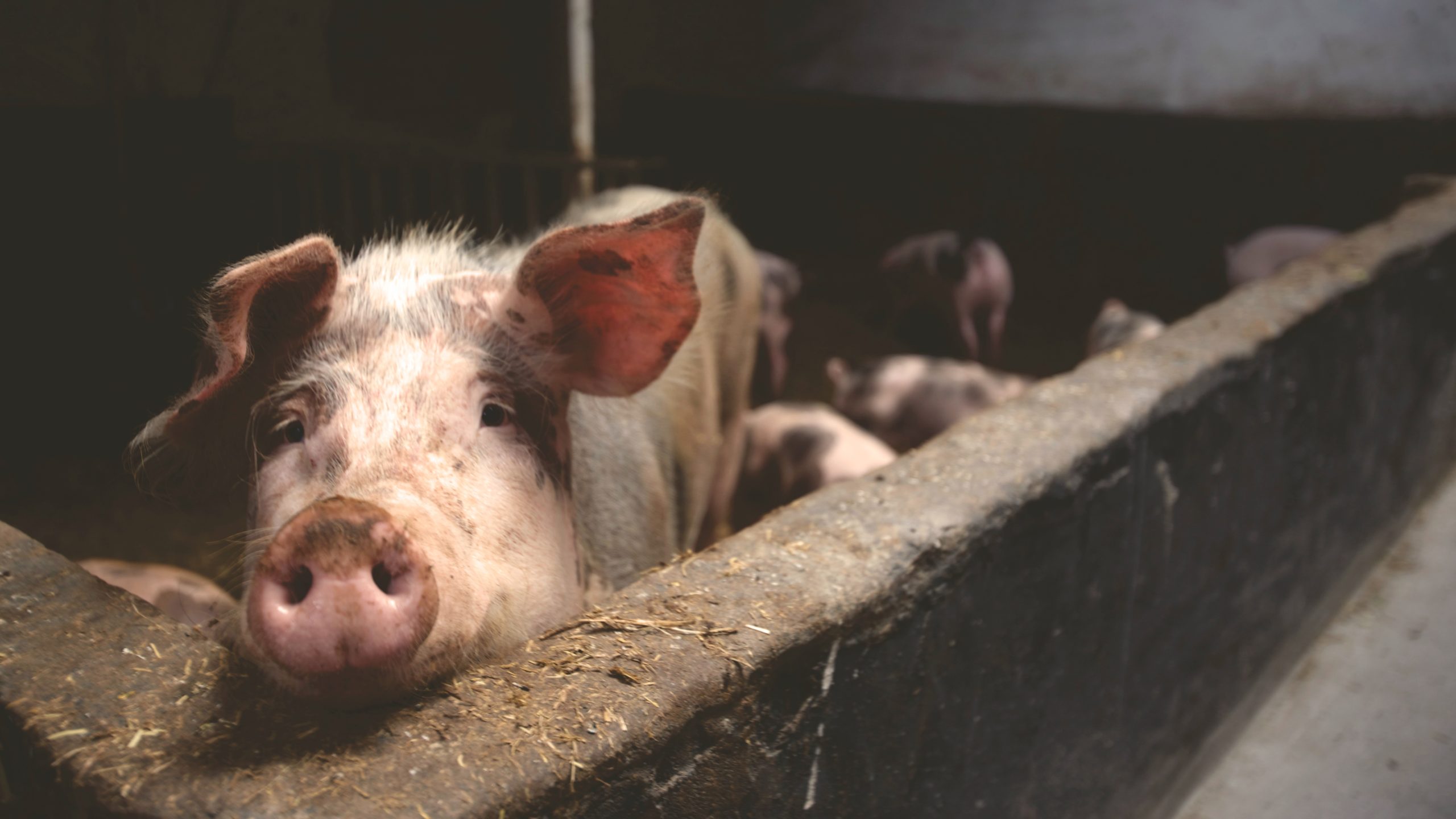3 Mins Read
A reduction in meat consumption, regardless of how small, has been shown to contribute in the war against climate change. This is due to the percentage of greenhouse gas emissions that are created by cattle production. A dip in demand will equal lower production numbers and consequently, improvements to the climate.
Cattle production contributes 57 percent of all total greenhouse gas (GHG) emissions, according to scientists from the University of Illinois. The findings were revealed in the Nature Food academic journal. Some plant-based industry leaders feel that this is a conservative number, potentially excluding the impact transportation has on the final figure. CEO and founder of Impossible Foods, Pat Brown, estimates the number to be more like 80 percent, but what does it mean in real terms?
Breaking down the numbers
Animal agriculture is a vastly unsustainable practice, both in terms of planetary resources and money. Only this year we reported that U.S. subsidies had reached new highs, in a bid to prop up a climate-damaging and unhealthy industry. All this, despite figures that unequivocally demonstrate the need to move away from such food production models.

Eighty percent of land is used for animal agriculture, which in turn produces 20 percent of the calories eaten around the world. To put it another way, producing just 20 percent of what we eat accounts for at least 58 percent of climate-changing emissions. That’s why scientists are recommending a reduction in meat consumption, to bring the figures closer to correlation.
World leaders failing to act
The release of such findings makes it all the more apparent that those in positions of power are demonstrating a flagrant disregard for the available information. Earlier this year we reported on the omission of food emissions reduction from the Hong Kong climate action plan.
Despite being one of the largest consumers of meat worldwide, Hong Kong has chosen to focus its decarbonisation efforts on energy, transport, and waste. All valid areas for improvement, but without addressing meat consumption and production, efforts will be significantly under par. Each citizen eats 5.5 times more meat than the global average and the country imports gargantuan amounts of Brazilian beef. The impact of meat is significant, yet still unaccounted for.
Similarly, observers of the COP26 have been quick to reveal disappointment in the lack of food and livestock emissions accountability. It’s well documented that the global food system accounts for almost one-third of all emissions, but little is being done on a governmental level to act. A paper published in the journal Science earlier this year, claims food production emissions will still need to be reduced if fossil fuels are entirely wiped out. It’s not one or the other, but both that require immediate attention.
Small changes for a big difference
There are a host of reasons why people don’t want to make a switch to a predominantly plant-based diet from personal to budgetary, but experts suggest that a simple and small reduction in overall meat consumption will make a collective impact. One less meal a week, or one whole day a week, as per Meatless Mondays.
Lead image courtesy of Pexels.





